The 25% emissions target set for the agriculture sector is a potentially devastating blow for Irish farming and the rural economy, Irish Farmers' Association (IFA) president Tim Cullinan has said.
The IFA said the deal between Fianna Fáil, Fine Gael and the Green Party is all about the survival of the Government rather than survival of rural Ireland.
“The Government has agreed to a target without any pathway to get there or any budget to assist farmers to reduce emissions.
“They have no idea of the economic and social impact of today's decision on the farming sector or rural Ireland.
Any attempt to undermine farmers’ livelihoods or the viability of sector... will be opposed vigorously by the IFA
“Farmers across the country will be rightly worried about what this means for their future,” he said.
Implementation
“The implementation plan to achieve the target will be vital. I want to make it clear that any attempt to undermine farmers’ livelihoods or the viability of the sector in order to achieve these targets will be opposed vigorously by the IFA,” he said.
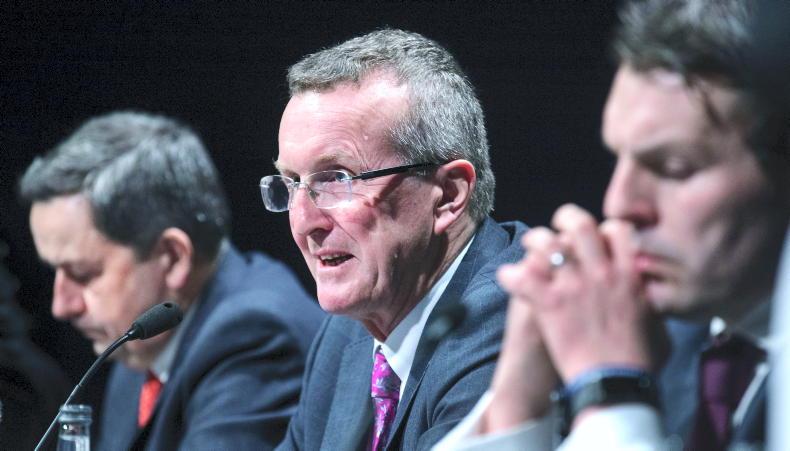
IFA president Tim Cullinan.
Cullinan said that the Government will have to come forward with real proposals and proper funding to support climate measures, including on-farm renewable energy and ensure that farmers get full credit for this.
“We are still strongly of the view that the Government has not complied with the requirements in the Climate Act in relation to carbon leakage and the distinct characteristics of biogenic methane. These will have to be taken on board by the Government,” he said.
ICMSA: emissions target ‘difficult to impossible’
Irish Creamery Milk Suppliers Association (ICMSA) president Pat McCormack has said that the Government’s decision will have wholly negative and predictable economic, social and demographic consequences for the massive areas of the State that depended on farming and food production and represented a “sell-out” of our family farm model.
The original target was going to be very difficult but at least warranted an effort
McCormack said that farmers and the communities they formed and which depended upon them were not interested in hearing any more platitudes from politicians and groups that professed to appreciate the dilemma faced by farming communities, but who cheerfully signed off on policy that “at a stroke” made whole classes of farms unviable.
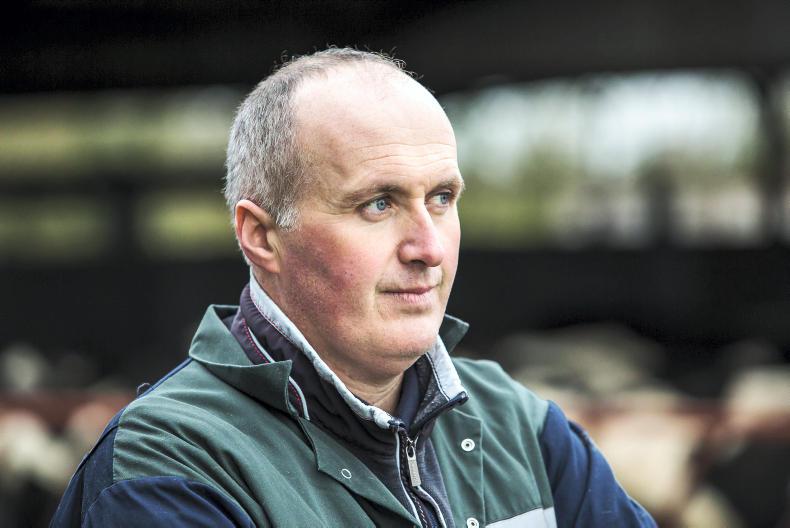
ICMSA president Pat McCormack.
The decision to go past 22% to 25% represented much more than just an additional 3%, he said.
“The original target was going to be very difficult, but at least warranted an effort. Pushing that to [a] 25% reduction over an eight-year timeframe now moved policy from difficult to impossible and actually meant that the policy was now literally incredible in that it was not credible or possible to have confidence in,” he said.
Extreme environmental element
The ICMSA leader noted that while the decision will be presented as a win for the extreme environmental element in Government, it would transpire to be a PR stunt and a pointless over-reach that would inflict incalculable harm to long-term ambitions for lower emissions and sustainability.
“The Government has badly let down family farms and their communities and we won’t be fobbed off by vague promises of future income streams.
"Our livestock industry - both dairy and beef - is the lifeblood of rural Ireland and Minister McConalogue and the three party leaders of the coalition have struck it at its very heart today,” he said.
ICSA: Ban non-EU meat imports
Irish Cattle and Sheep Farmers Association (ICSA) president Dermot Kelleher has said that the Government must now insist on a complete blanket ban at EU level on meat imports from outside the EU, given the incredible stress farmers have been put under in recent weeks.

ICSA president Dermot Kelleher.
“Farmers have been made to feel that the high-quality, high-protein, nutritious food they supply to European markets is now something to be ashamed of.
It is deeply regrettable that the Government has put in place hugely challenging targets without any clear plan for farmers
“The environmental lobby has a lot of soul searching to do in terms of some of the more extreme demands based on dubious assertions about the sustainability of this food.
"But it would now be hypocrisy on a grandiose scale if farmers are forced to watch beef, chicken and dairy from all over the world being shipped into the EU on favourable terms, while Irish farmers are faced with cuts,” he said.
Kelleher said it is deeply regrettable that the Government has put in place hugely challenging targets without any clear plan for farmers on how 25% can be achieved.
“When farmers have pointed this out, they have been subjected to relentless attacks by a vociferous lobby who have refused to listen to real concerns about how this can be practically achieved without destroying farm viability,” he said.
Macra na Feirme: farm family model at risk
Macra na Feirme president John Keane has said that the 25% reduction in sectoral emissions for agriculture between now and 2030 puts Ireland’s farm family model at risk.
“An agreement has been reached without any plans in place as to how farmers can deliver this target.
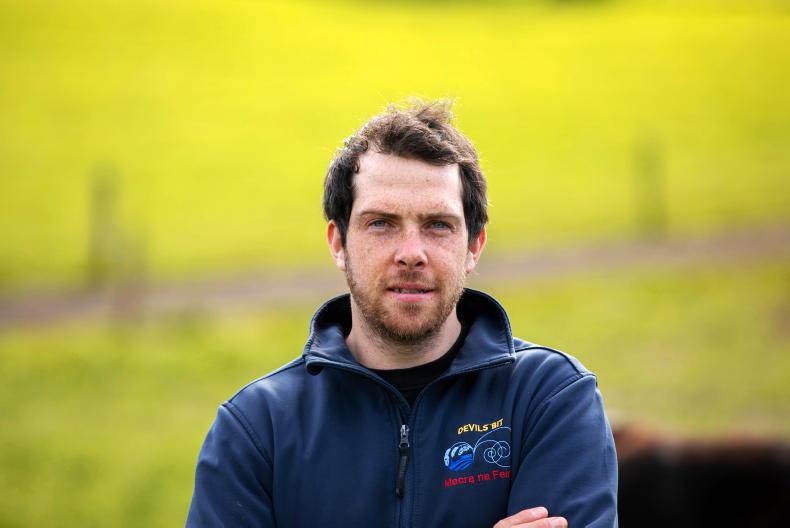
Macra president John Keane
“Macra na Feirme has not seen any governmental economic impact assessment outlining how a reduction of 25% will affect the rural economy and the individual family farms that will be expected to deliver this target.
“It is clearly stated in the Government's own climate action plan that ‘the special economic and social role of agriculture, including with regard to the distinct characteristics of biogenic methane’ must be taken into account when setting targets and plans - farmers have not seen this detailed in any document regarding the target or the process in agreeing the target,” he said.
An agreement has been reached without any plans in place as to how farmers can deliver this target
Mitigation
The Laois dairy and beef farmer said the 25% figure is “an arbitrary figure with no agreed science-based pathway to achieving this target that ensures farm viability and affords opportunity for young people to enter the sector”.
“Farmers can deliver significant emissions reductions in agriculture, but can also mitigate emissions in other sectors, such as energy and transport, all of which must be reflected in the agricultural inventory,” he said.
He added that a detailed plan with substantial funding for its delivery is lacking and farmers are failing to see the much talked about just transition in action for farm families.
The 25% emissions target set for the agriculture sector is a potentially devastating blow for Irish farming and the rural economy, Irish Farmers' Association (IFA) president Tim Cullinan has said.
The IFA said the deal between Fianna Fáil, Fine Gael and the Green Party is all about the survival of the Government rather than survival of rural Ireland.
“The Government has agreed to a target without any pathway to get there or any budget to assist farmers to reduce emissions.
“They have no idea of the economic and social impact of today's decision on the farming sector or rural Ireland.
Any attempt to undermine farmers’ livelihoods or the viability of sector... will be opposed vigorously by the IFA
“Farmers across the country will be rightly worried about what this means for their future,” he said.
Implementation
“The implementation plan to achieve the target will be vital. I want to make it clear that any attempt to undermine farmers’ livelihoods or the viability of the sector in order to achieve these targets will be opposed vigorously by the IFA,” he said.

IFA president Tim Cullinan.
Cullinan said that the Government will have to come forward with real proposals and proper funding to support climate measures, including on-farm renewable energy and ensure that farmers get full credit for this.
“We are still strongly of the view that the Government has not complied with the requirements in the Climate Act in relation to carbon leakage and the distinct characteristics of biogenic methane. These will have to be taken on board by the Government,” he said.
ICMSA: emissions target ‘difficult to impossible’
Irish Creamery Milk Suppliers Association (ICMSA) president Pat McCormack has said that the Government’s decision will have wholly negative and predictable economic, social and demographic consequences for the massive areas of the State that depended on farming and food production and represented a “sell-out” of our family farm model.
The original target was going to be very difficult but at least warranted an effort
McCormack said that farmers and the communities they formed and which depended upon them were not interested in hearing any more platitudes from politicians and groups that professed to appreciate the dilemma faced by farming communities, but who cheerfully signed off on policy that “at a stroke” made whole classes of farms unviable.

ICMSA president Pat McCormack.
The decision to go past 22% to 25% represented much more than just an additional 3%, he said.
“The original target was going to be very difficult, but at least warranted an effort. Pushing that to [a] 25% reduction over an eight-year timeframe now moved policy from difficult to impossible and actually meant that the policy was now literally incredible in that it was not credible or possible to have confidence in,” he said.
Extreme environmental element
The ICMSA leader noted that while the decision will be presented as a win for the extreme environmental element in Government, it would transpire to be a PR stunt and a pointless over-reach that would inflict incalculable harm to long-term ambitions for lower emissions and sustainability.
“The Government has badly let down family farms and their communities and we won’t be fobbed off by vague promises of future income streams.
"Our livestock industry - both dairy and beef - is the lifeblood of rural Ireland and Minister McConalogue and the three party leaders of the coalition have struck it at its very heart today,” he said.
ICSA: Ban non-EU meat imports
Irish Cattle and Sheep Farmers Association (ICSA) president Dermot Kelleher has said that the Government must now insist on a complete blanket ban at EU level on meat imports from outside the EU, given the incredible stress farmers have been put under in recent weeks.

ICSA president Dermot Kelleher.
“Farmers have been made to feel that the high-quality, high-protein, nutritious food they supply to European markets is now something to be ashamed of.
It is deeply regrettable that the Government has put in place hugely challenging targets without any clear plan for farmers
“The environmental lobby has a lot of soul searching to do in terms of some of the more extreme demands based on dubious assertions about the sustainability of this food.
"But it would now be hypocrisy on a grandiose scale if farmers are forced to watch beef, chicken and dairy from all over the world being shipped into the EU on favourable terms, while Irish farmers are faced with cuts,” he said.
Kelleher said it is deeply regrettable that the Government has put in place hugely challenging targets without any clear plan for farmers on how 25% can be achieved.
“When farmers have pointed this out, they have been subjected to relentless attacks by a vociferous lobby who have refused to listen to real concerns about how this can be practically achieved without destroying farm viability,” he said.
Macra na Feirme: farm family model at risk
Macra na Feirme president John Keane has said that the 25% reduction in sectoral emissions for agriculture between now and 2030 puts Ireland’s farm family model at risk.
“An agreement has been reached without any plans in place as to how farmers can deliver this target.

Macra president John Keane
“Macra na Feirme has not seen any governmental economic impact assessment outlining how a reduction of 25% will affect the rural economy and the individual family farms that will be expected to deliver this target.
“It is clearly stated in the Government's own climate action plan that ‘the special economic and social role of agriculture, including with regard to the distinct characteristics of biogenic methane’ must be taken into account when setting targets and plans - farmers have not seen this detailed in any document regarding the target or the process in agreeing the target,” he said.
An agreement has been reached without any plans in place as to how farmers can deliver this target
Mitigation
The Laois dairy and beef farmer said the 25% figure is “an arbitrary figure with no agreed science-based pathway to achieving this target that ensures farm viability and affords opportunity for young people to enter the sector”.
“Farmers can deliver significant emissions reductions in agriculture, but can also mitigate emissions in other sectors, such as energy and transport, all of which must be reflected in the agricultural inventory,” he said.
He added that a detailed plan with substantial funding for its delivery is lacking and farmers are failing to see the much talked about just transition in action for farm families.








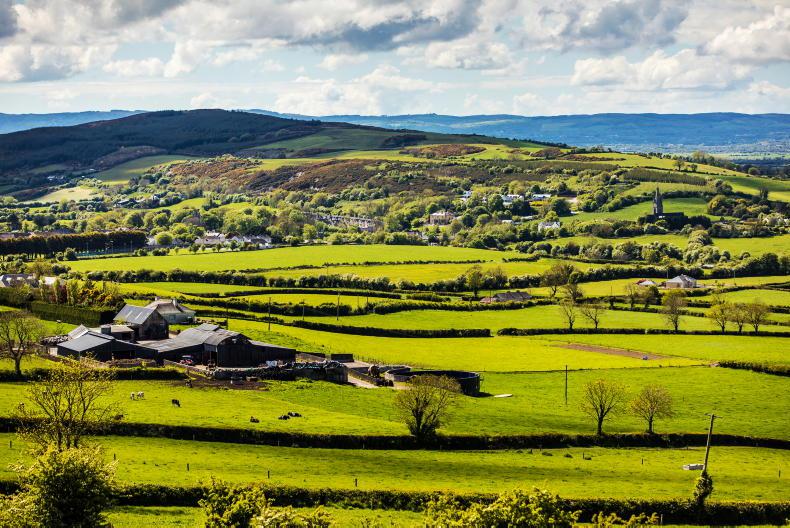
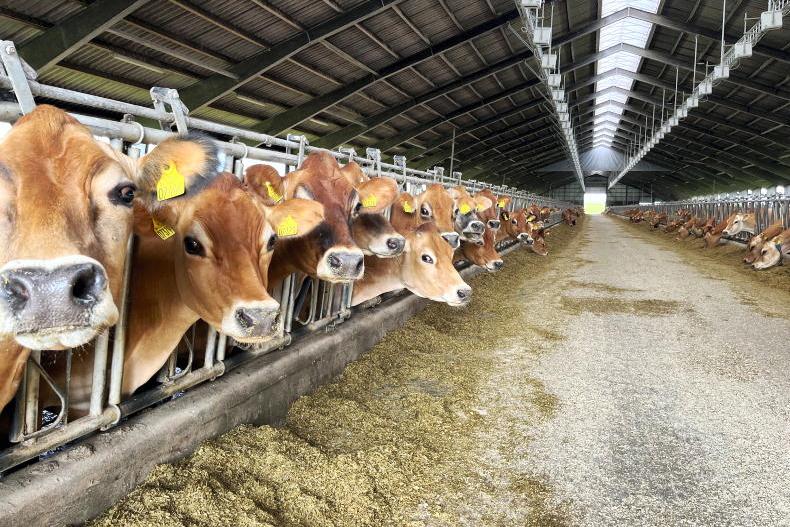

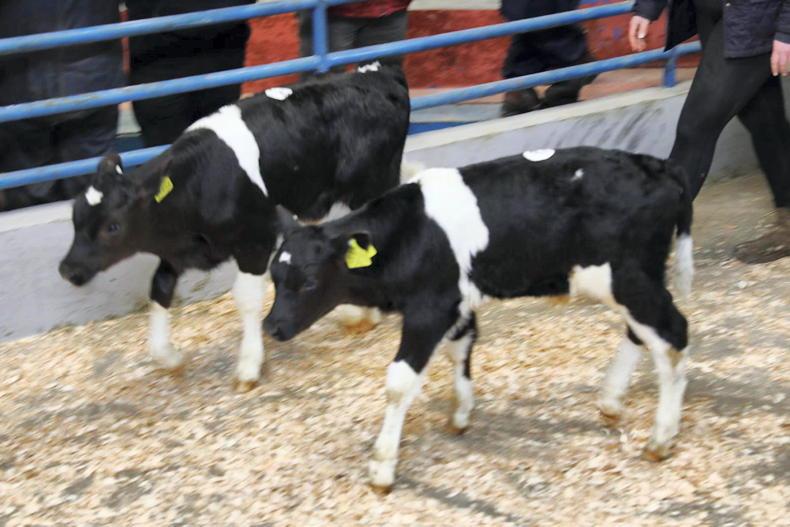
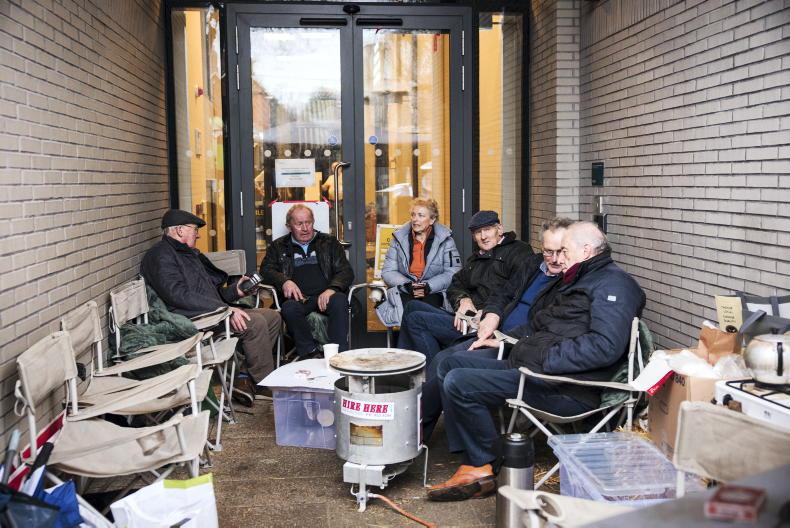
SHARING OPTIONS